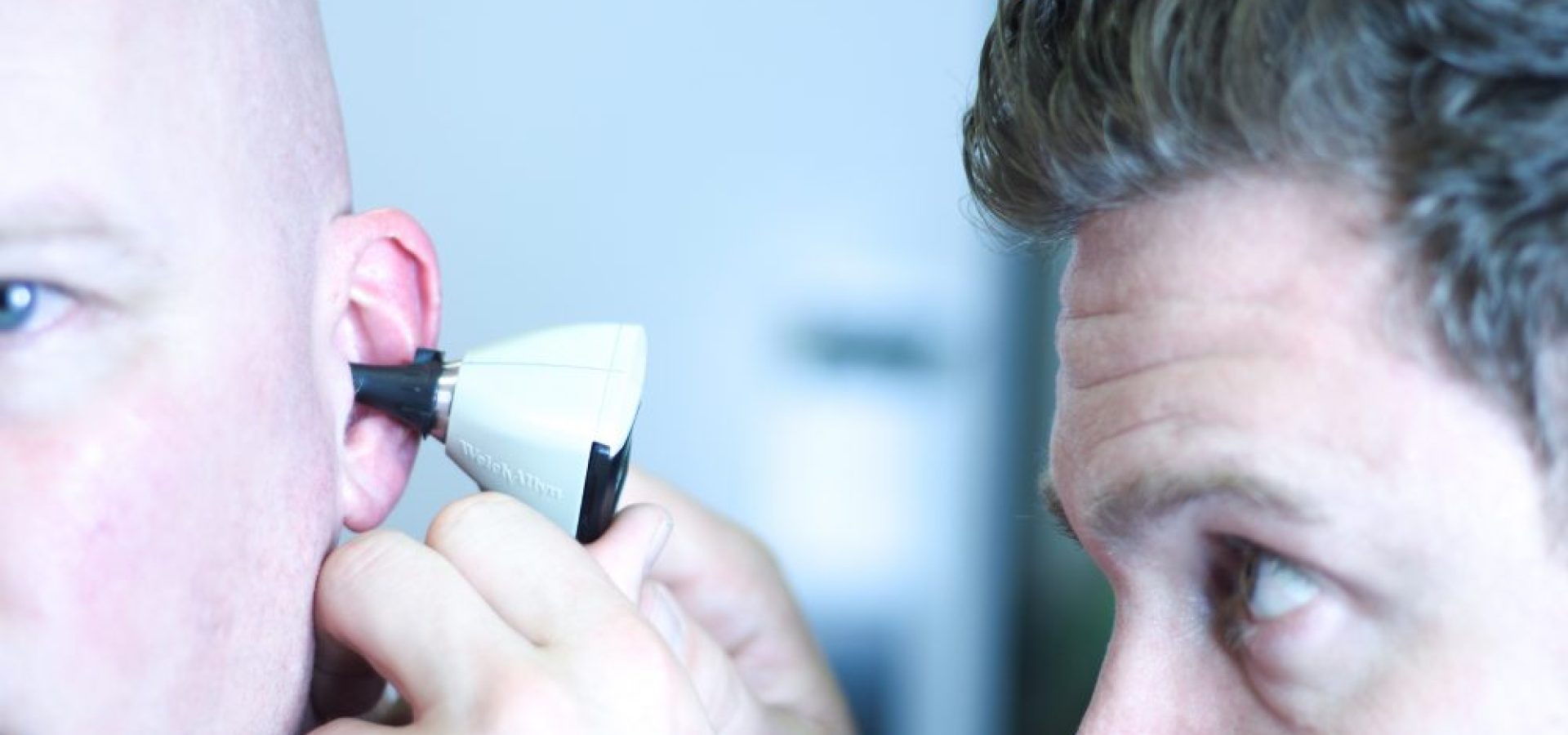Menu

Hearing loss is one of the most common health conditions affecting people of all ages around the world. In fact, one out of every eight people develop hearing loss in the U.S. alone, and the average delay it takes for people to seek treatment is up to seven years. It’s important to note that hearing loss doesn’t always mean a complete lack of sound.
Some people, like you, may experience a high-frequency hearing loss condition where the sound you hear is translated differently by your brain. This is when the brain, not necessarily your years, goes hard of hearing, especially with sounds ranging from 2,000 to 8,000 Hertz (Hz).
That means people suffering from this condition may find it difficult to understand female and children’s voices more than male voices.
They may miss out on hearing the sounds of birds singing or even doorbells ringing. Not to mention, it’s especially harder to understand speech when muffled by background noises. It can be a loss of hearing in one or both ears and can range between mild to profound.
This can be missing out on something as simple as a greeting or even the punchlines of jokes, making this type of hearing loss an extremely frustrating condition for many as people find it difficult understanding everyday conversations.
What are the symptoms of high-frequency hearing loss?
It’s easy to put off having your hearing checked, especially when you feel like your hearing loss comes and goes. However, people who suffer from high-frequency hearing loss may struggle to understand or keep up with daily conversations, especially when talking to females or children as their voices typically fall between the range of 2,000 to 8,000 Hertz (Hz). Not to mention, this condition may find it difficult to catch high-pitched consonants such as F, Th, H, Sh, S, V, K, and P.
Their ability to hear can worsen when the sound is slurred by background noises. Adults may find themselves developing depression as it can disrupt their routine or social situations, while children may suffer from learning and communication, which leads to developmental delays.
What are the causes of high-frequency hearing loss?
The most common causes of this condition include ageing, exposure to noise pollution, and certain medical conditions that damage the sensory cells in the inner ear. This is because the tiny hair cells in your ear are the ones responsible for processing high-frequency sounds by absorbing the noises into electrical impulses that are sent to the brain. When this is damaged, your ability to hear and process these high-frequency sounds will suffer significantly.
Treatment: Hearing aids

One of the best ways to get your hearing up to speed is with the use of hearing aids, which help amplify high-pitched sounds without boosting the volume of low-pitched sounds. This allows you to properly hear words without missing out on certain pitches or consonants.
These devices also help you to improve your understanding of speech, especially when you start to hear sounds that have been long gone — the birds singing, the doorbell ringing, the microwave dinging, children’s small inquiries, and anything under the sun with a naturally high-pitched tone.
If you’d like to check the conditions of your ears, come on down to Fraser Valley Beltone today!
We provide extensive & affordable hearing tests in Langley, BC. Get in touch today to book your appointment.
Share Post
Facebook
Twitter
LinkedIn
Email
Reddit
Pinterest
